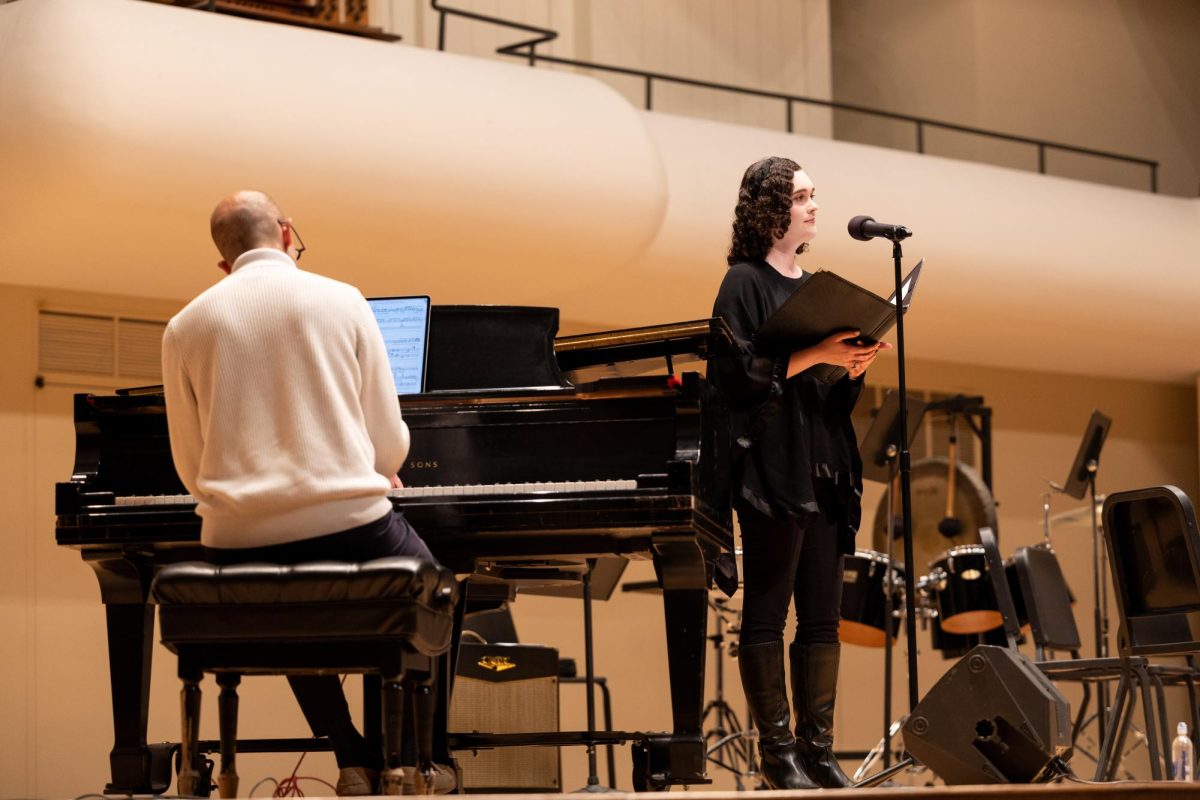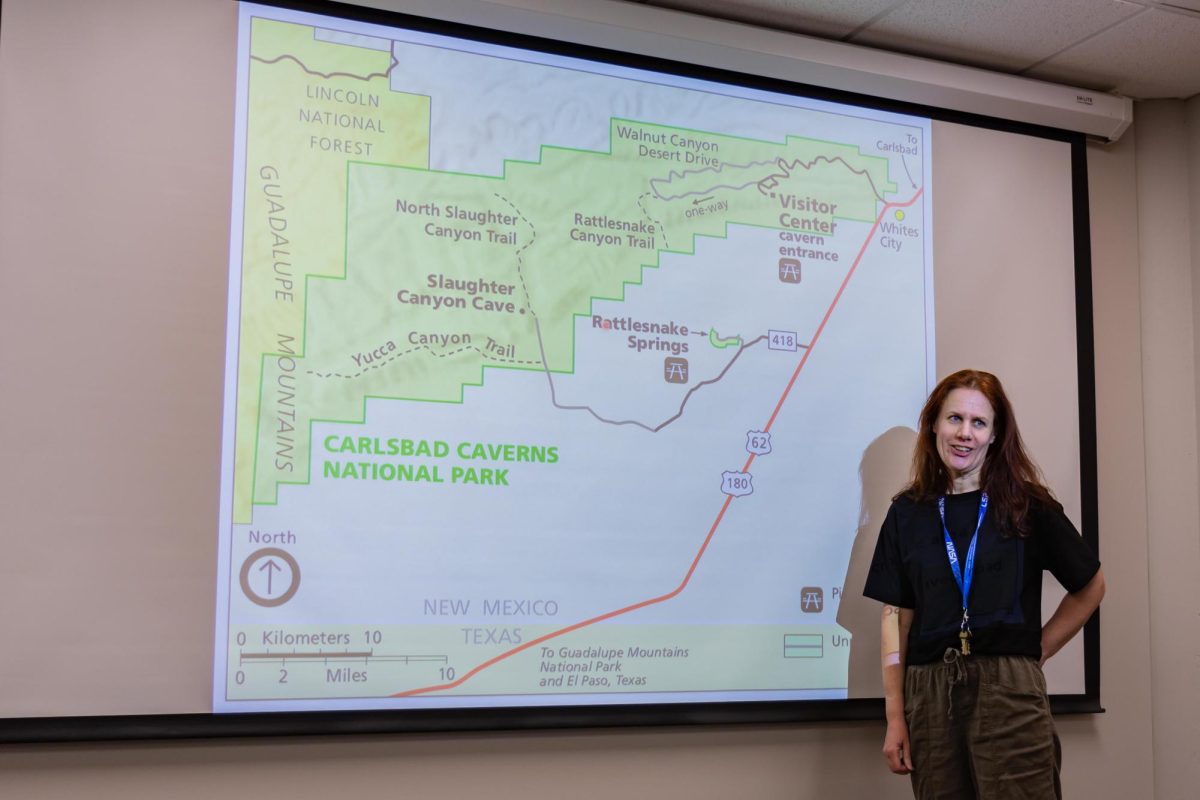With pet population issues on the rise, education is crucial for proper care for pets.
On Wednesday, March 1 the Osher Lifelong Learning Institute (OLLI) program at The University of Alabama will present the Canine Compassion OLLI Bonus session from noon to 1:15 p.m. in the Bryant Conference Center.
Kathy Chastine, who is a support assistant with the OLLI program, and Patti Trethaway, who is a member of the OLLI program and tasked with planning bonus sessions, planned the event.
“[Attendees] should learn about fostering pets who are taken by animal control,” Trethaway said.
The session will focus on how the pet adoption process works through the Canine Compassion Fund, which is a non-profit organization developed to help handle the overpopulation of homeless canines in the Tuscaloosa area, and how to take care of the rescue pets. The Osher Lifelong Learning Institute at The University of Alabama provides different programs and events for the adults on campus. To bring the session to the OLLI audience, Chastine and Trethaway coordinated with the Canine Compassion Fund.
The secretary of the organization and Canine Compassion Fund Adoption Coordinator, Laura Chism, will be conducting the class on March 1.
“I’ll be focusing on ways seniors/retirees in particular, can help CCF in our mission,” Chism said about the purpose of the Bonus session.
The CCF mission includes providing lifelong care for senior canines that have been abandoned, and to reduce the population of homeless canines. To help accomplish this goal, Chism will be speaking about fostering, transports to vet appointments, long distance transports to rescue partners, special events, and general volunteerism to the OLLI audience.
“I’d like for them to have a deeper understanding of our overpopulation problem and to be more aware of opportunities to help us address some immediate and long-term needs resulting from canine overpopulation,” Chism said on what she hopes the audience will take away from the Bonus session.
The audience will receive important information on how to be involved in solving the homeless canine overpopulation problem and other ways they can help the community and the Canine Compassion Fund organization.
Chism is the adoption coordinator for the organization, so she has a first hand account of what the adoption process is like and how the audience can easily maneuver it.
“I oversee and and manage all aspects of our adoption program,” Chism said. “I review all applications for adoption, get vet references, perform home visits, approve or deny applications based on suitability of families, arrange meetings between potential adoptive families with foster families, and finalize all adoption paperwork.”
This pet adoption process will be covered in the session, along with the Well Worn Paws program, which provides a home and senior care facility for senior dogs, where some will be able to be adopted and others will live in the facility as their final home. Chism will also discuss the importance of spay and neuter programs to help reduce the overpopulation of canines in the Tuscaloosa area. The Canine Compassion Fund Bonus session will cover the adoption process, the Well Worn Paws program, spay and neuter programs, and different opportunities for the OLLI audience to get involved with the program and help reduce the overpopulation of homeless canines.









